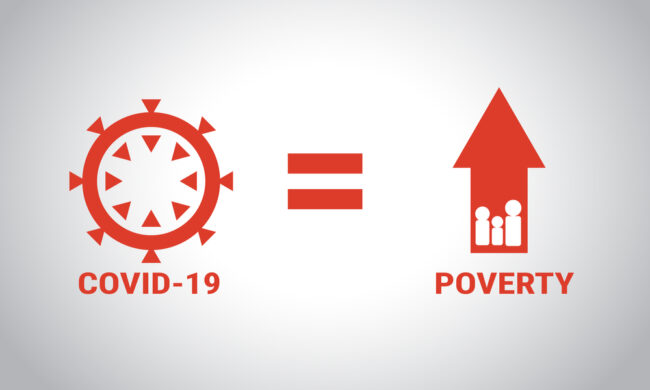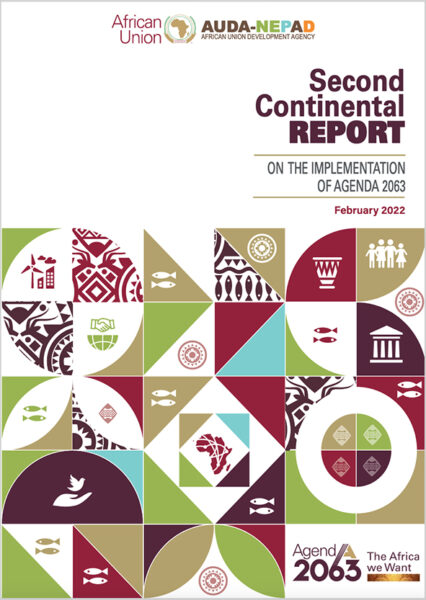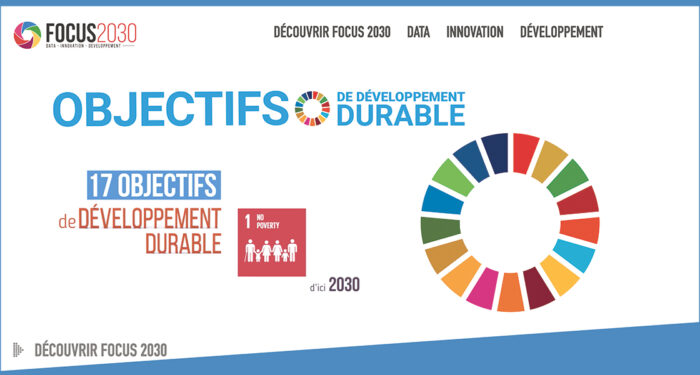After a summer lull, the Covid-19 pandemic has picked up again across the world and since September measures to contain it or limit its spread have been bolstered in a large number of countries (lockdown, restrictions on travel or on gathering in public places, bars etc.). In view of the socio-economic impact of the actions taken during the first wave, this second surge of the epidemic and the accompanying measures give strong grounds for concern, particularly in the countries of the global South, which are less affected by the pandemic than others for the moment but are paying a high price in terms of economic development.
As Louis-Charles Viossat shows in this forum, the first assessments by international bodies of the impact of the Covid crisis on human development in the South are alarming. Future consequences are already massive in terms of employment, poverty, food supply etc. The positive trend in the progress indicators that we have seen over the last 30 years is beginning to reverse for the first time, and, if firm measures are not taken quickly, a lasting decline in the situation of local populations is to be feared. And, of the three foreseeable scenarios that Viossat presents at the end of his article, there seems little chance, as he notes, that the most optimistic one will win out and avert the threat of a great leap backward in the countries of the South.




